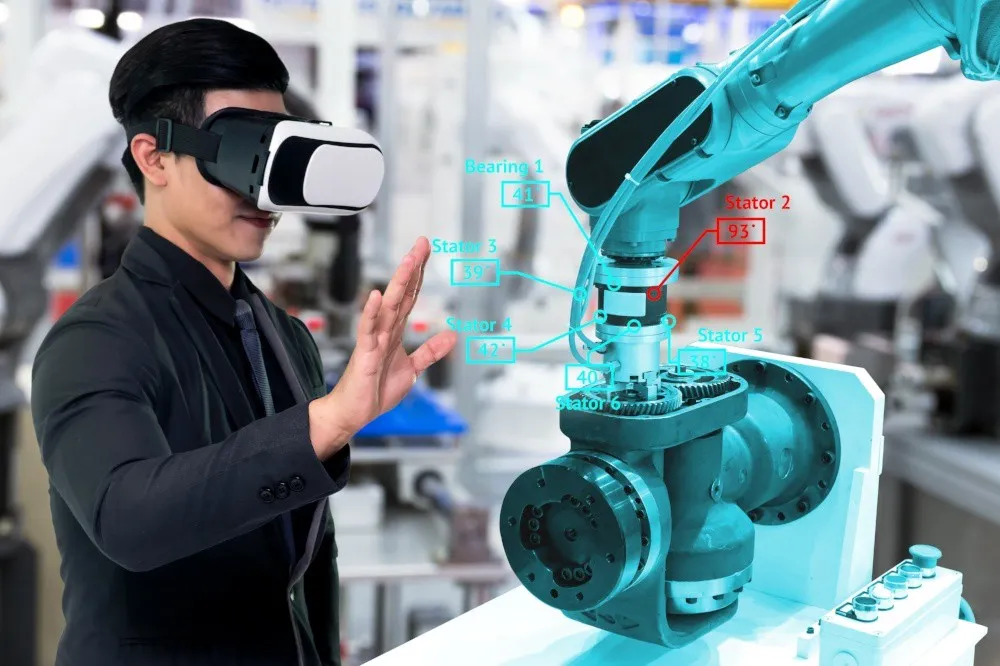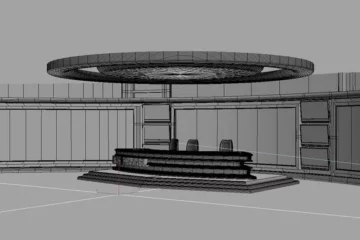Manufacturing may be the first industry to adopt the Metaverse, mainly because the Metaverse has a great chance of solving the problems manufacturers have. In general, sufficient funds have already been invested in industrial IoT infrastructure, including AI and 5G.
No one can say for sure what the metaverse will look like in the future, but it is known that high-speed networks, machine learning, AI, cloud technologies, big data processing, AR / VR / MR, and blockchain technologies connect reality with virtual opportunities that promote development metaverse in the industry.
There is a lot of demand for the Metaverse from the manufacturing industry. For example, it can capitalize on the Metaverse in modeling product line optimization and remote collaboration to train new employees by implementing Metaverse-based digital twin technology.
Using AI to simulate real objects, the digital twin can simulate real equipment in a virtual space with the same characteristics. In this way, it is possible to simplify the process of setting up new production lines, as well as finding defects.
In the automotive industry, the digital twin can be used to simulate autonomous driving in virtual scenarios to customize sensor functions.
For example, BMW spent six months using digital twin technology to create a virtual car factory. Based on the findings, the company had to revise 30% of the original design for the plant in order to innovate the assembly process and even reduce the time from product concept to production.




